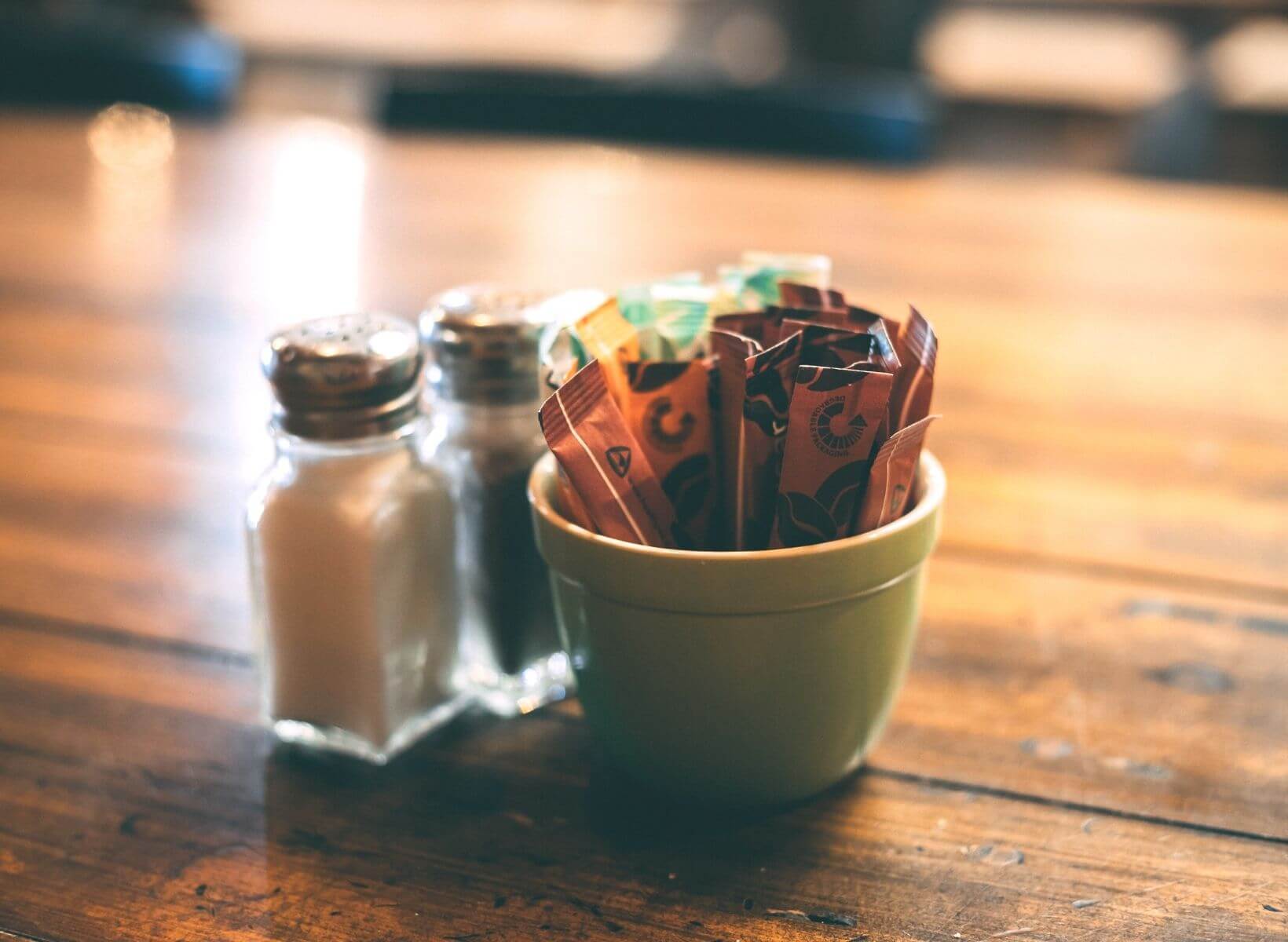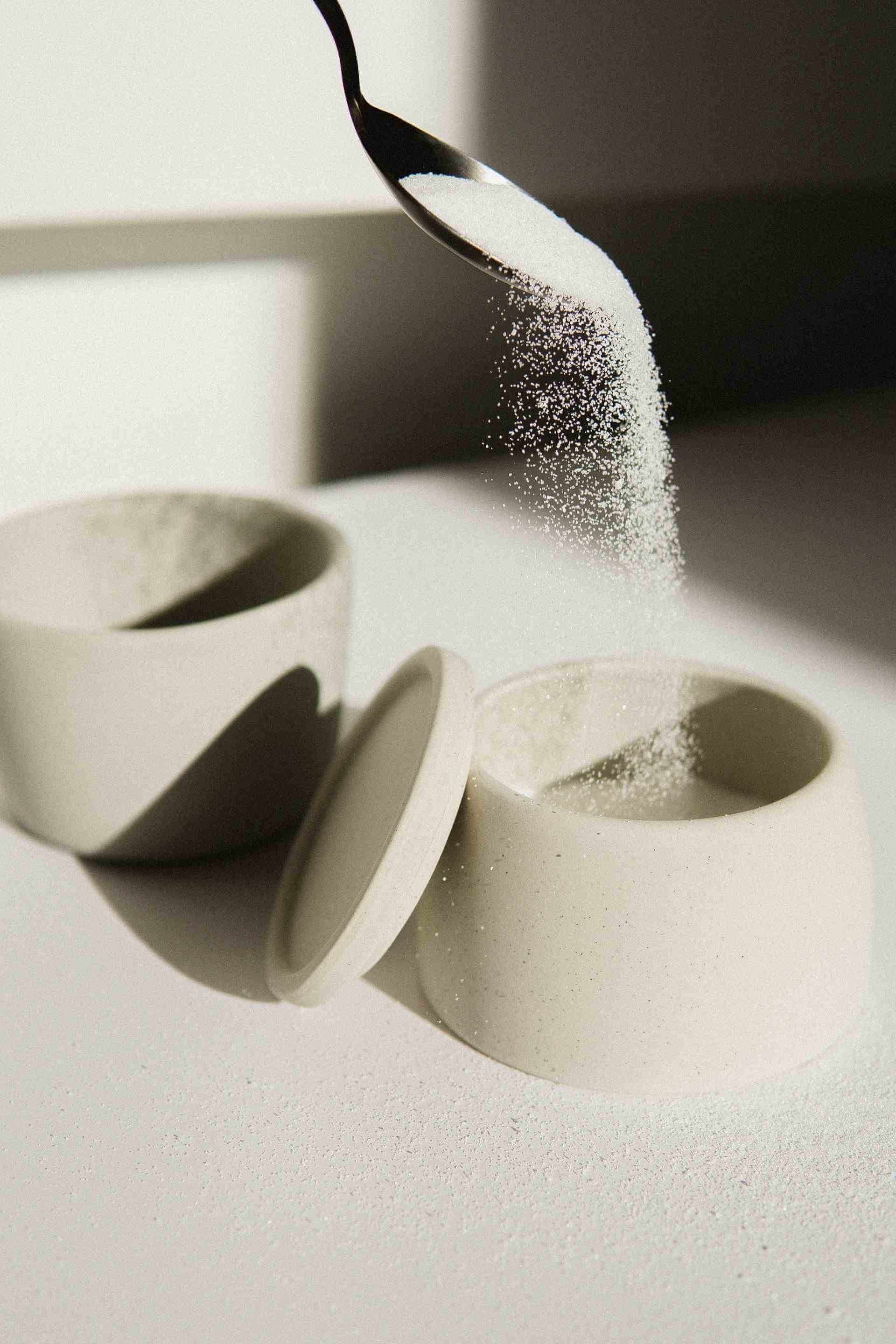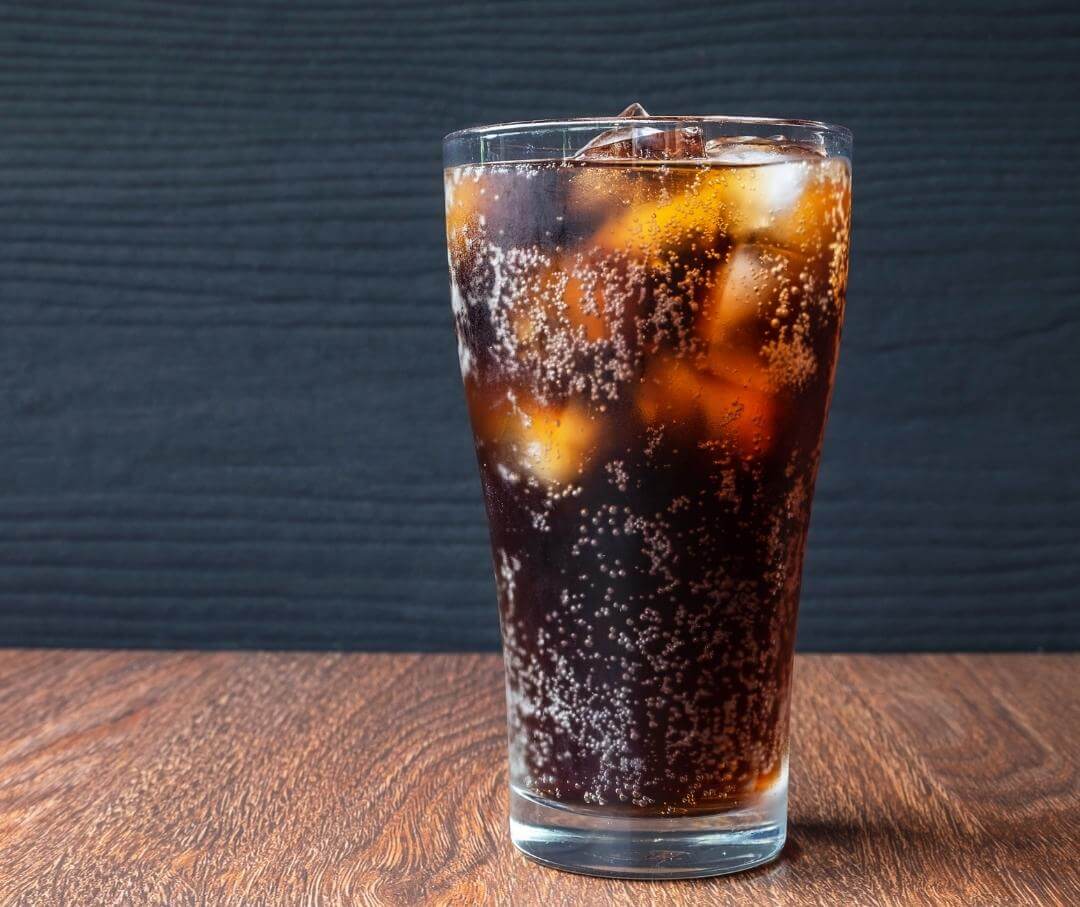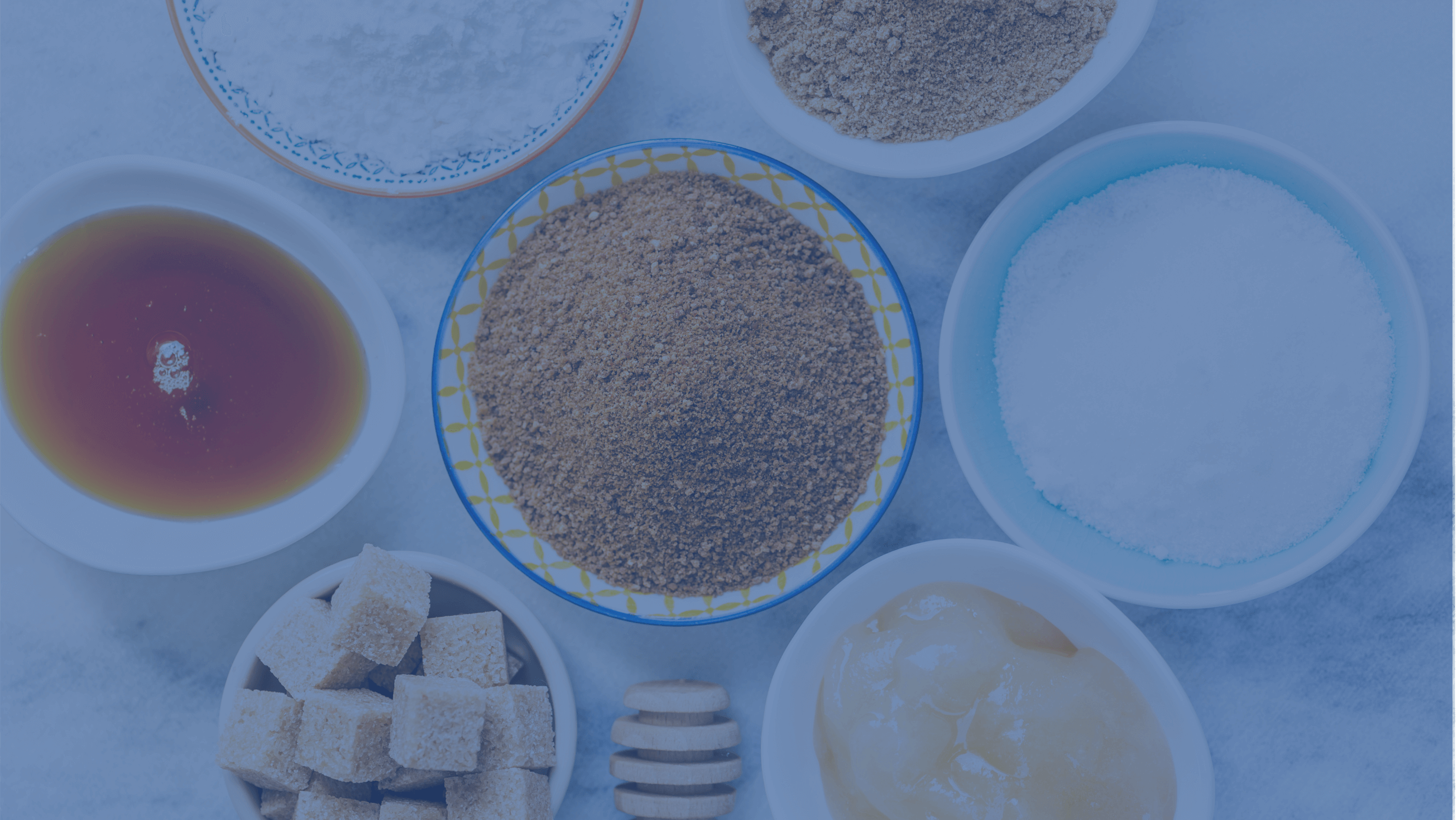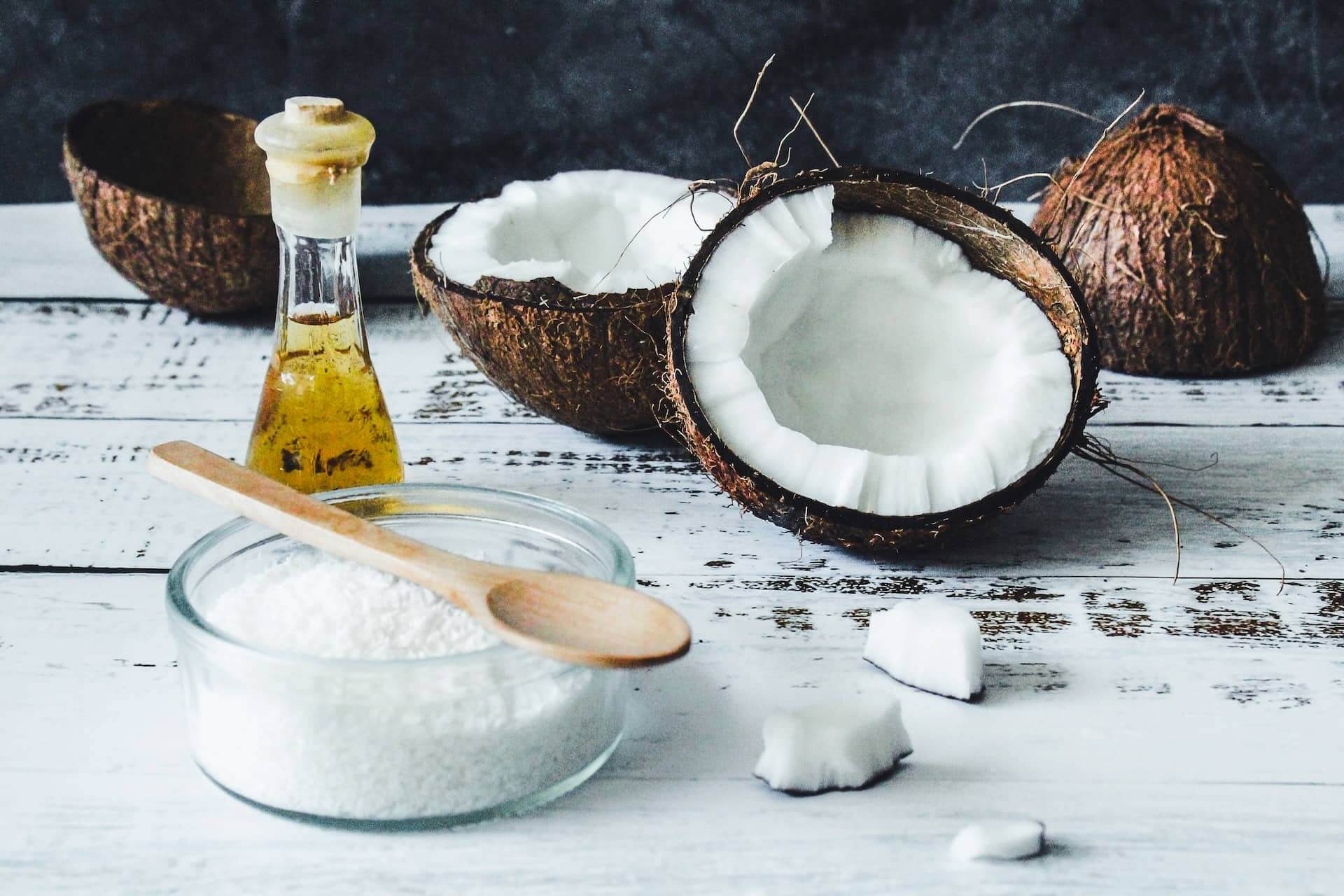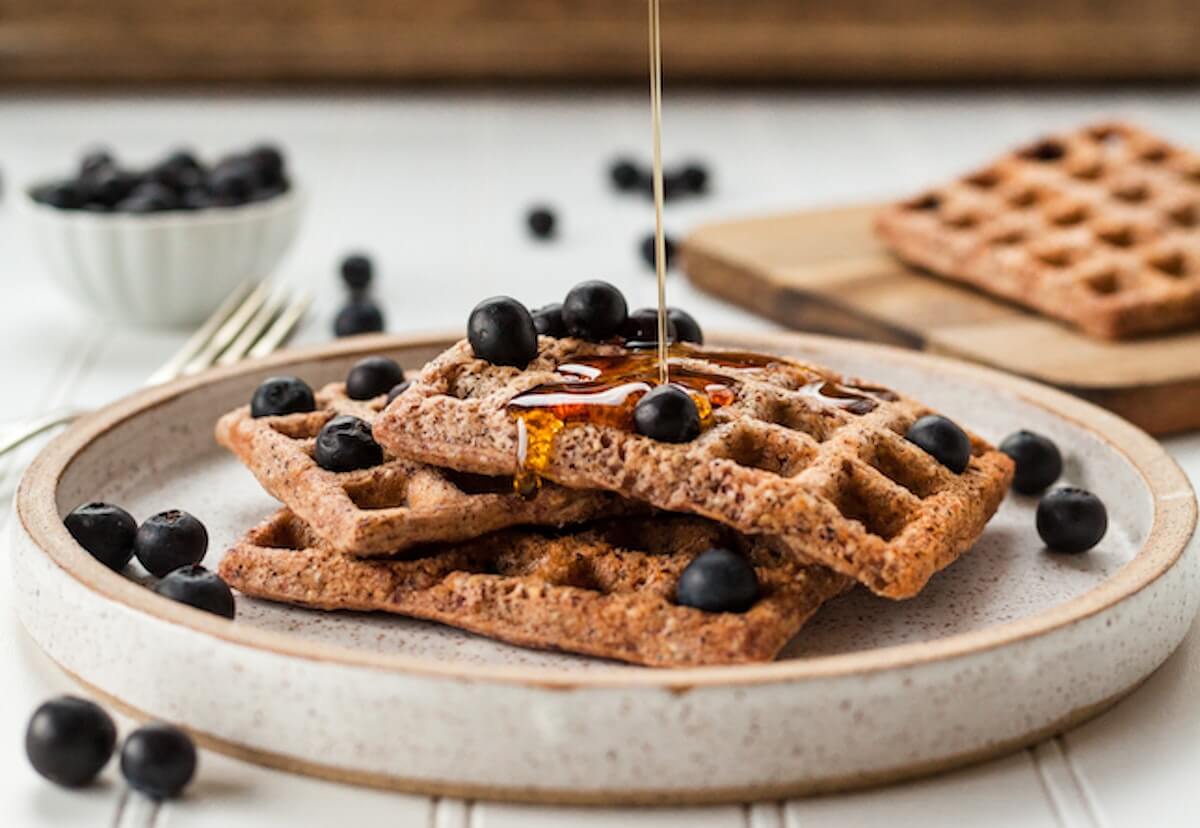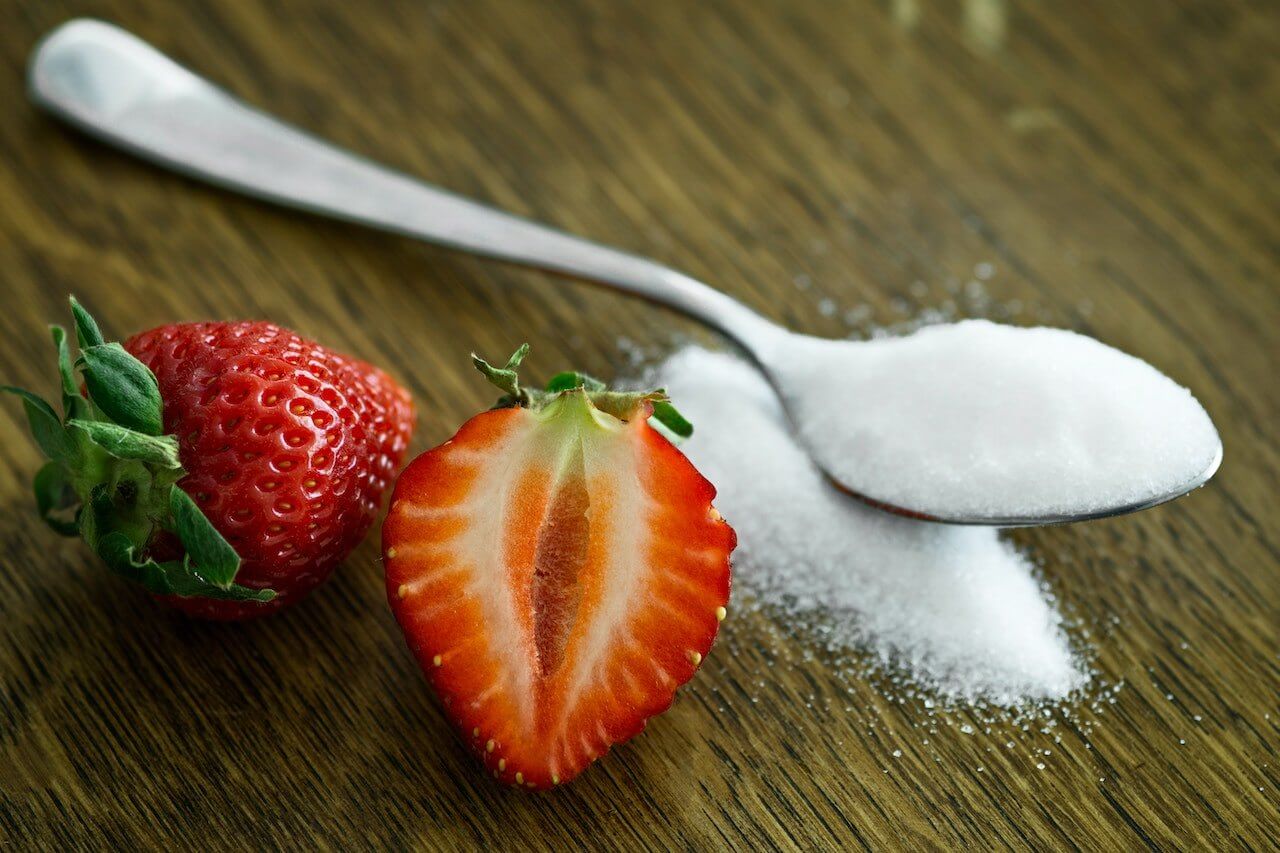Key Takeaways
Sugar Substitute #ProTips
- Avoid processed foods: Many packaged, processed foods, especially snacks and sweets labeled “keto” are likely to contain sugar substitutes and artificial sweeteners. Even though these foods might have lower added sugar than their sugary counterparts, remember that they’re still processed foods that are not as healthy as eating fruits, vegetables, whole grains, and lean meats.
- Recipe substitution: If you want to replace sugar in your recipes, stick to those sweeteners that are heat stable such as Sucralose (Splenda), monk fruit, or Allulose. Remember that some substitutes, especially in large quantities, can cause bloating and stomach upset, so go slowly, test your recipes and find the substitute that works best for you.
In this post, we’re going to focus on two newer sweeteners, monk fruit and Allulose, and their affect on metabolic health.
Monk Fruit
This sweetener, which also goes by the name of luo han guo in China has been used for centuries as a treatment for the common cold and as a digestive aid. It was named after monks in Southern China that grew the fruit over eight centuries ago. The monk fruit sweetener found in the grocery store today is derived from the juice of the small round fruit. The sweetener by itself has zero calories and is 150-200 times sweeter than table sugar. Some describe monk fruit as having a fruity taste.
Monk fruit was deemed to be generally recognized as safe (or GRAS in FDA terms) in 2010, and to date, there are no known side effects. Given that it's a naturally occurring sweetener, in its pure form, most tasters say that it doesn’t have a chemical aftertaste.
If you decide to use monk fruit as a sweetener in your beverage or as a substitute for sugar in a recipe, make sure you read the nutritional label. Some distributors of monk fruit powder will combine their product with other artificial sweeteners such as erythritol or even with maltodextrin, a processed form of carbohydrate, that can spike your blood sugar.
Monk fruit can be used in cooking and baking. It has no known side effects.
{{mid-cta}}
Allulose
One of the exciting new entrants to the sugar substitute arena is Allulose, which was given a GRAS designation by the FDA in 2019. Allulose, classified as a rare sugar, occurs naturally in wheat, figs raisins and maple syrup. It can also be manufactured from other foods such as corn using an enzymatic process.
Unlike artificial sweeteners, Allulose looks and tastes like table sugar, while having about 70% of the sweetness. It also has no chemical aftertaste.
Allulose doesn’t digest like other sugars, it’s absorbed in the small intestines and then excreted in our urine, as a result you get the sweet taste, but not the rise in blood glucose levels after your meal.
One reason this new entrant is so thrilling to those of us in the metabolic health field is that there are some small studies that indicate that allulose can help with improving insulin sensitivity, reducing post meal glucose spikes, and that it may even help with weight loss.
In one double blind, placebo controlled study conducted in Japan, 26 subjects that were borderline diabetics were given 5 grams of allulose (called D-psicose in the study) in their tea while other participants received a placebo. The group that had allulose in their tea had significantly lower blood glucose after their meal than the control group.
Allulose, like monk fruit, is stable when heat is applied, so you can use this sugar substitute in your cooking and baking recipes. If you have a sweet tooth, and you’re struggling with giving up added sugar in your favorite baked goods, or if you just like sweet tea, you should consider experimenting with these two substitutes.
<p class="pro-tip">Read next: Sugar substitutes that won't raise your blood sugar</p>
- Item 1
- Item 2
- item 3





